In this chapter, trouble is brewing at a small college when Milo Patterson, a black student, takes a spot on the football team over the protests of students. Some students decide to ask Hank, an older, respected member of their community and a Latter-day Saint, what position he takes on the matter. Hank, who serves as the voice of the author, launches into a frighteningly candid defense of institutionalised racism in the LDS Church and society in general, using the tried-and-true ‘blacks were less valiant in the pre-mortal life’ argument that I heard many times during my Mormon days. At least Hank/Emma doesn’t advocate total banishment of the seed of Cain. He/she only asks that blacks endure partial social acceptance throughout their lives, and then eternal servitude in the highest Mormon heaven — but only if they’re righteous.
This extract serves as evidence that, yes, the idea that Africans were less valiant in the pre-mortal life was well-known and taught at one point in LDS history (note that Hank has been taught these things ‘all [his] life’). But it also shows that Mormon doctrine can change when members draw upon their capacity for fairness and justice, and ignore dogma coming from the many apologists in their midst.
Might a knowledge of evolution have helped Emma Petersen? When you understand that some people have dark skin because of evolutionary adaptation (instead of picking some self-serving supernatural reason, like “they’re evil”), it reduces your need to take scraps of mythology and weave them into a complicated justification of whatever social prejudices are prevalent in the religious community. But then, neither of the Petersens went in much for evolution. Sister Petersen’s book shows a creationist professor giving an evolutionist professor a good thrashing in a debate, while Elder Petersen once opined that evolution was Satan’s way of destroying America via atheism.
Happy reading! Scans at the bottom.
CHAPTER EIGHT
HANK’S POINT OF VIEW
THAT night when they went to Hank’s for a snack, a large group of students were watching TV. Hank himself waited on the two boys.
When he brought the order, Kent said in a voice loud enough to be heard by the other students, “Hank, what do you think about this Patterson rebellion over at school?”
Many wished to know what Hank thought about it.
“My attitude on this subject is pretty well guided by my religious views,” he said, “so I hope you won’t mind if I mix a little religion with what I say.”
The other students held Hank in such high regard that they listened respectfully.
“My religion teaches that our existence did not begin when we were born into mortality. We lived before we came to this earth. We were persons then as we are now.”
“Are you talking about reincarnation?” one student asked.
“No, not at all,” said Hank. “I certainly do not believe in reincarnation. We have one existence in mortality, and that is all. I mean that before this earth was made, we lived and worked and played together in another estate.
“We could do as we pleased there, too, just as we can here. Some were not as obedient as others, and naturally they didn’t get along as well.
“We are the children of God, as you know. We were with him. We were his family.
“It is my understanding that at one time our Heavenly Father called us all together and announced that he was planning to send us to this earth where we could be tested and tried under mortal conditions, to see if we would be worthy of further advancement in his kingdom.
“The Lord explained his plan to us at that time, but some of his children did not accept it, and rebelled. This rebellion was led by one of the brightest, but also the most ambitious and selfish of all God’s children. His name was Lucifer. About a third of all the spirits in heaven joined him in this rebellion. They were all driven out, and they became Satan and his followers.
“This fight up in heaven was very much like wars in this life. Some of God’s defenders were more valiant than others. Some were disloyal, but not so bad that they had to be driven out with Lucifer.
“When the time arrived for us to come to this earth, it appears to have been the plan of the Lord to reward us according to our loyalty.
“How could he do that? It seems quite easy, as I look at it, for he permitted those who were most obedient to be born into this life with white skins, and to have opportunities such as are to be had in our country.
“Others were born with dark skins in the jungles of Africa or in the valleys of the Amazon. Still others were born in China or Korea, or India, where opportunities are not as great as here.
“It was a case of reaping what we sowed. I have this same understanding regarding rewards in the life after this where we will be placed in a degree of glory or in other circumstances according to what we earn in this life.”
“Do you mean, Hank,” broke in one of the girls, “that a white person is born white because he was more valiant than others in the life before we came here, and that a colored person was born colored because he was not so valiant?”
“That is exactly what I mean,” said Hank. “How else could all this apparent inequality be explained?”
“Can other races get all the blessings of the Church?” asked another.
“All except the Negro,” said Hank. “He is under a greater handicap than all the others. Japanese, Chinese, Hawaiians, Indians, Koreans, and people of all other races may have all the blessings of the Church, including temple marriage, but not the Negro.
“Evidently because of what he did in that other life, he is placed under a ban and cannot have the priesthood, he cannot advance as far as other people.
“But I would like to say this, though. I have heard some of our leaders teach that even the Negro can go to the celestial kingdom if he is faithful. However, he can be only a servant there. But that is more than many white people will receive, for many of them will be placed in the lower degrees of glory in the next world, because they did not live righteously. So in some respects, Negroes, if they are faithful, may receive a higher glory in the world to come than those of other races who defile their birthright.”
“But what about this football argument? How does all this fit in there?” asked one of the students.
“It fits in like this,” went on Hank. “Each race may develop within itself. So far as the Negroes are concerned, we will give them every right and privilege within their race that we claim for ourselves within our own race, but we will not become intimate with them in any way, and we will not intermarry with them. That is my own personal feeling on this question, and it is what I have been taught all my life. I believe that is a fair position to take, and I believe it squares with the word of God.
“Too close association with them might lead to intermarriage and that would bring the curse of Cain upon children born to such a marriage.
“I must admit that one great danger in being as tolerant as we would wish to be is that some of our people lose their balance and forget that there is after all a barrier between white people and Negroes which should never be crossed. It was the Lord and not man who established that barrier. When man tries to break down a wall set up by the Lord himself, he is asking for trouble, and only trouble can come from intermarriage between white people and Negroes.
“You may not know it, but the Lord anciently commanded that His people should not marry the descendants of Cain, just as he commanded that His people should not marry unbelievers and idolators. If we were not faced with the danger of intermarriage with the Negro, we could be much more tolerant than we are. But there are some leading Negroes who advocate complete absorption of their race with the white race by intermarriage and that is something which I for one can never accept.
“Marriage between white and black people, as I see it, is a violation of God’s commands. So we must avoid steps which would lead to such a thing.”
“I take it, then,” said one of the students, “that you would be in favor of allowing a Negro to play on our football team, as long as we did not take him so far into our social life that some white girl might become infatuated with him.”
“That is just what I believe. I support the school president and the governor in what they have done, and I think you students should do the same.”
“Well, if that’s what you believe, I guess we’ll give the idea another whirl,” Steve said. “Pat’s a good fellow and a swell football player. How about it?”
“Whew, quite a speech,” said Kent, “but I’m game.”
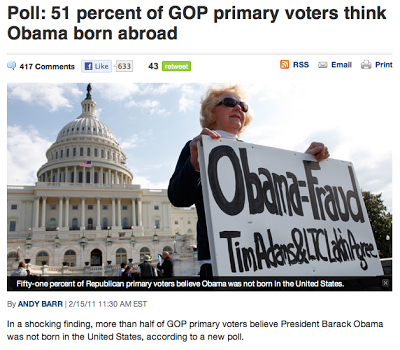






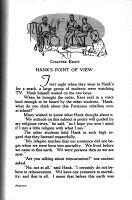
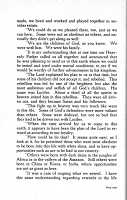
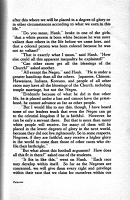
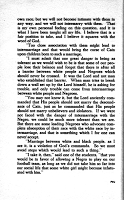
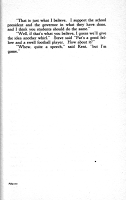
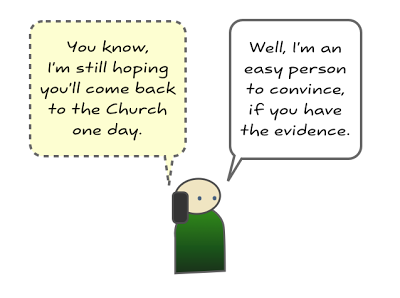

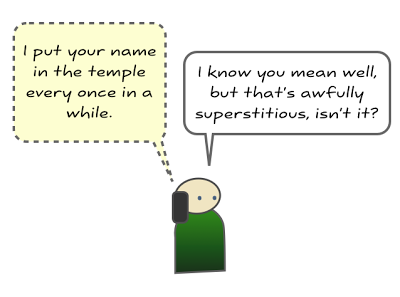
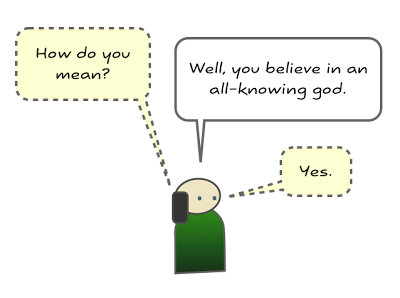


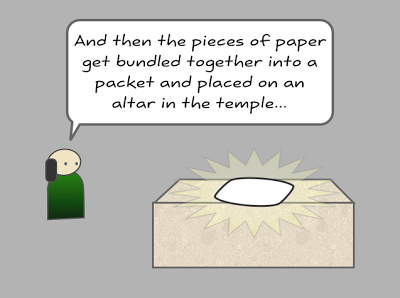
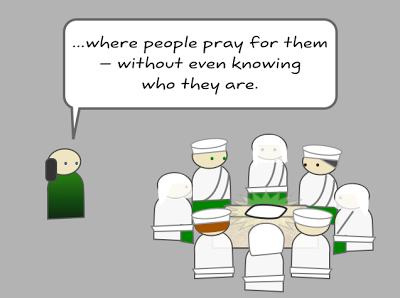
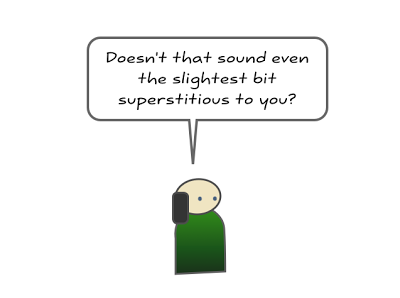
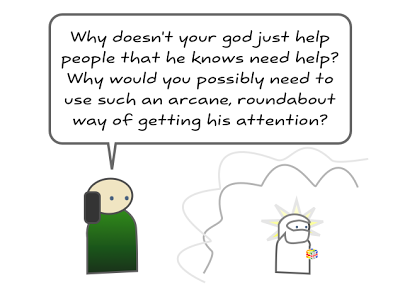
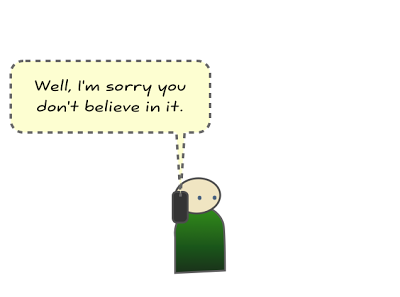
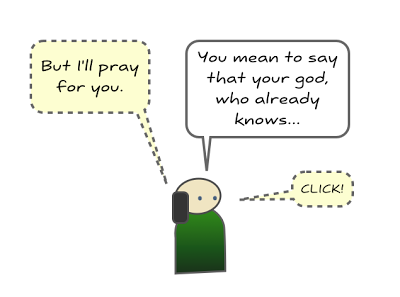


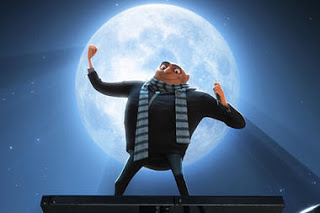
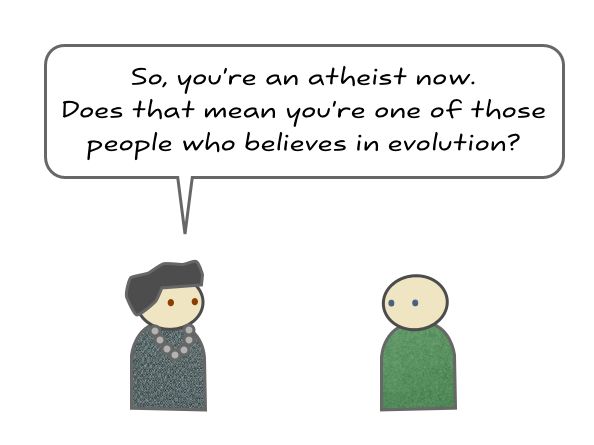

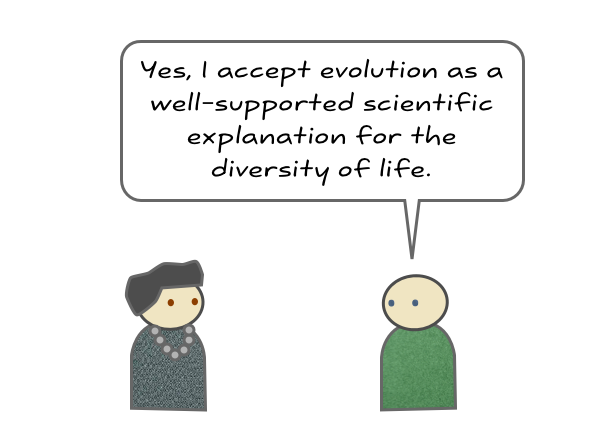
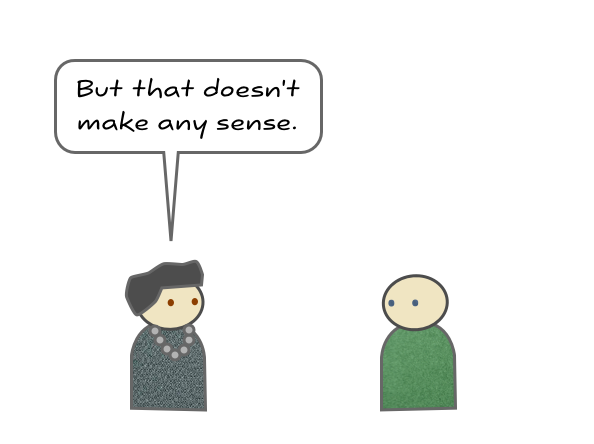
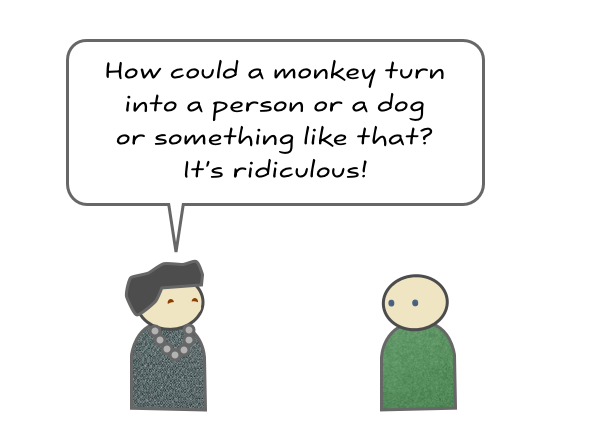
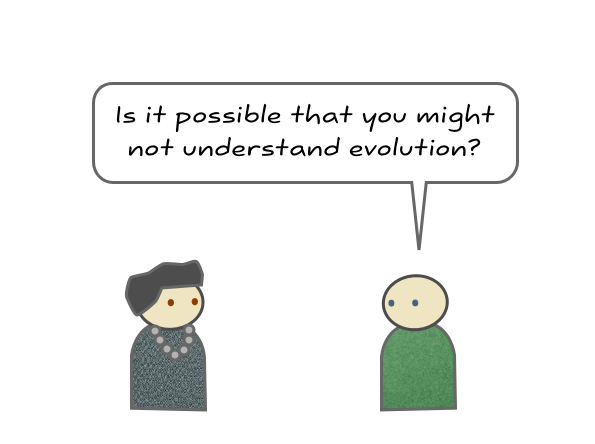
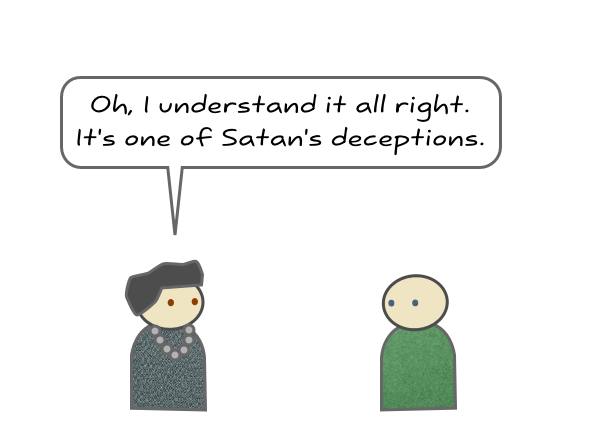

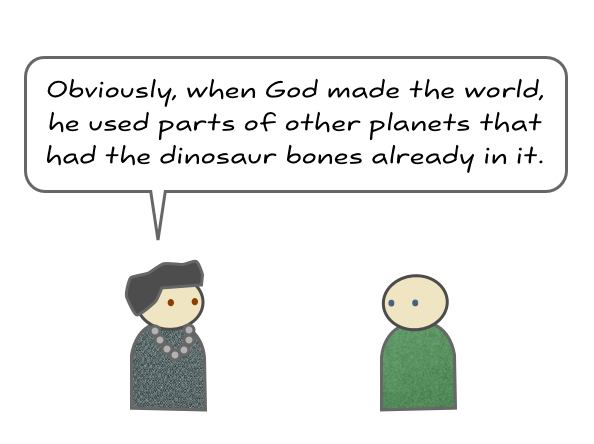
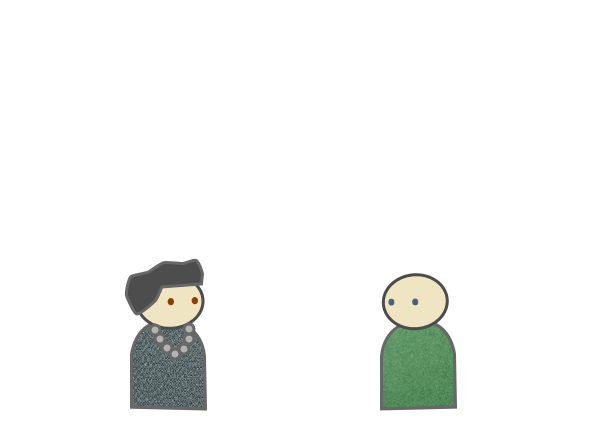
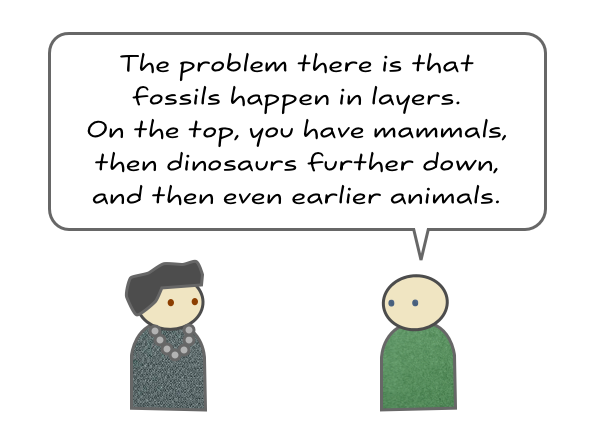
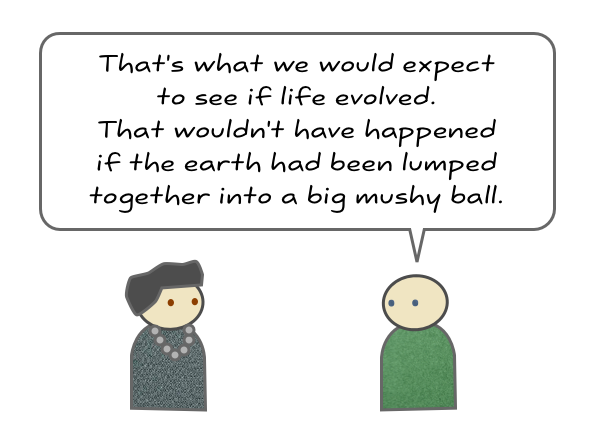
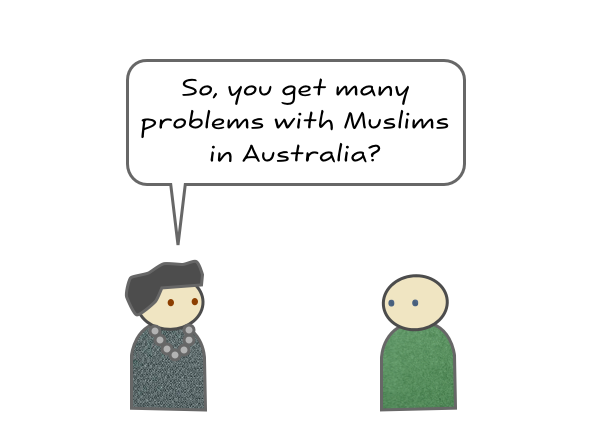
Recent Comments